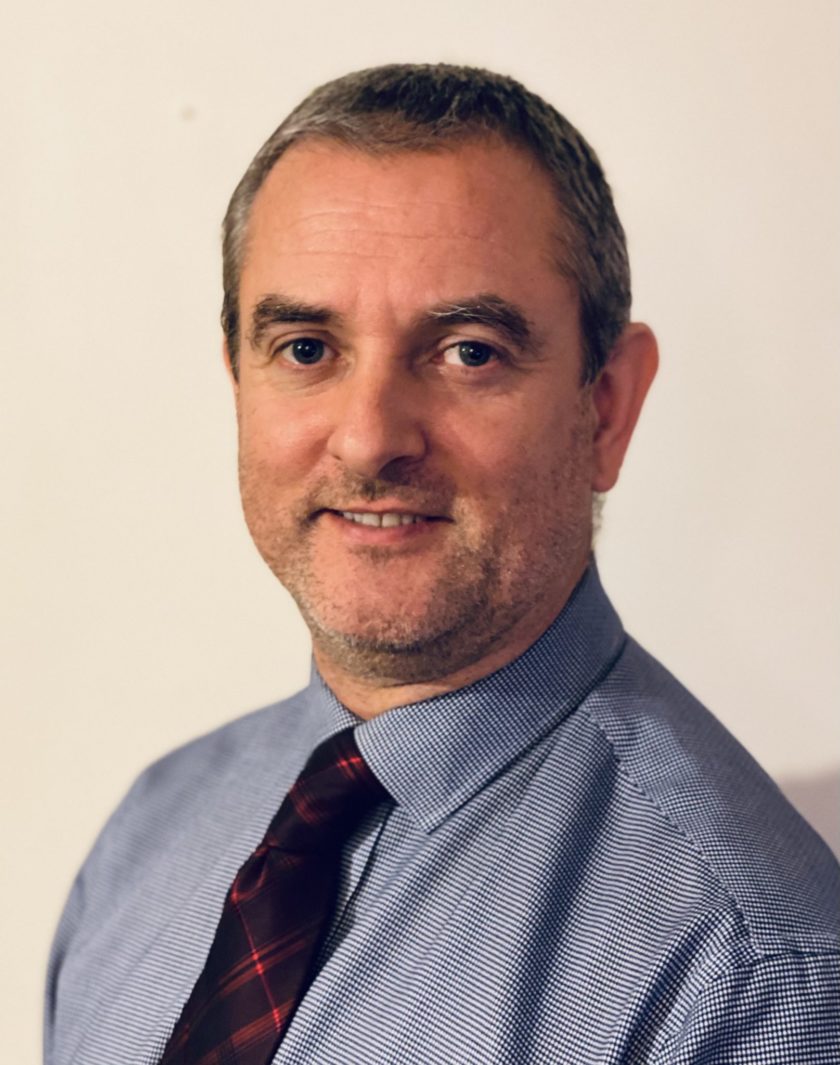Barry Foster joined Curtis Banks at the end of 2020 in the newly appointed position of Technical Sales Manager. We spoke to him about how he will be looking to help paraplanners in their day-to-day roles.
PP: What will you be looking to achieve in your new role and how?
Barry Foster (BF): I want to continue to raise the Curtis Banks brand awareness amongst adviser firms and to provide technical support.
Curtis Banks has a reputation for clearly communicating technical matters. This really matters to me. When I entered financial services at the age of 25, I didn’t have a financial background at all, but I enjoyed learning. Now a number of years later – don’t ask how many! – when I present or explain technical matters, I am still trying to explain them to the intellectually curious 25-year-old me. The great thing is that I still get a buzz when I have to conduct research and delve into old legislation and regulations; I learn something new every day.
As part of my role, I often present to groups that include everyone from industry new entrants to industry veterans with vast experience who know more than I do. The simple test for me is, if the 25-year-old me would understand it, then I am explaining the subject methodically with no preconceptions about what my audience do or do not know and with respect for their intellectual curiosity!
PP: What do you consider might be the key technical areas for 2021, of which paraplanners should be aware?
BF: The short answer…who knows? But seriously there are a number of potential changes.
Any ‘technical’ changes in financial planning are likely to be driven by either a targeted policy objective, such as increasing savings, reducing the savings gap, promoting investment, promoting fairness etc. or, by changes to taxes.
From a ‘policy’ perspective, we were expecting changes to the ‘know your client’, or KYC rules as they are better known. These are requirements under Mifid II to incorporate ESG preferences, so let’s see what now happens. I am sure advice firms will still continue to embrace and develop their ESG investment strategies and their knowledge and understanding of ESG investment issues. It is inevitable that there will be increased client demand in this area and what a great opportunity for the advice profession to be part of the solution.
From a ‘tax’ perspective, the sector may face changes to income tax, capital gains tax, inheritance tax and potentially a wealth tax. Some of this has been suggested already and there is an argument that there will have to be tax increases, how else can the government pay for the effects of a global pandemic?
The contrary argument of course, is that tax increases may stifle economic growth and economic activity so tax rises should wait until the economy looks like it can bear it, and possibly not this year.
There have been many changes to tax rates, reliefs and allowances during my career but I struggle to remember a time when it wasn’t good financial planning to utilise your tax efficient savings allowances – pensions and ISAs. Also, for those able to afford it, holding a diversified portfolio of tax wrappers.
I actually think the biggest technical challenge for paraplanners, is not likely to be what changes may happen, but simply maintaining a level of understanding across various disciplines. If 90% of your work is estate planning related it is easy to forget the essentials, let alone the complexities, of the pension rules and vice versa of course.
This is where I hope we can add value.
PP: How can Curtis Banks make paraplanners’ lives easier?
BF: Our very DNA is about helping paraplanners and advisers and making it easy for them to work with us. We do that by reducing their administration and making things seamless. We also help with due diligence processes: providing paraplanners with the information they need and doing so in a timely manner. This is supported by excellent customer service and we hope this rewards the paraplanners’ confidence in recommending us.
I suppose, quite simply, it is about being available and accessible to them. We support them with their PROD requirements by clearly communicating to paraplanners (and the firms they work in) who our products and services are suitable for and who our key/target markets are. We do not want to put square pegs in round holes.
One final area of course is that we help make paraplanners lives easy by being regarded as a source of technical excellence!
This article was first published in the March 2021 issue of Professional Paraplanner






























